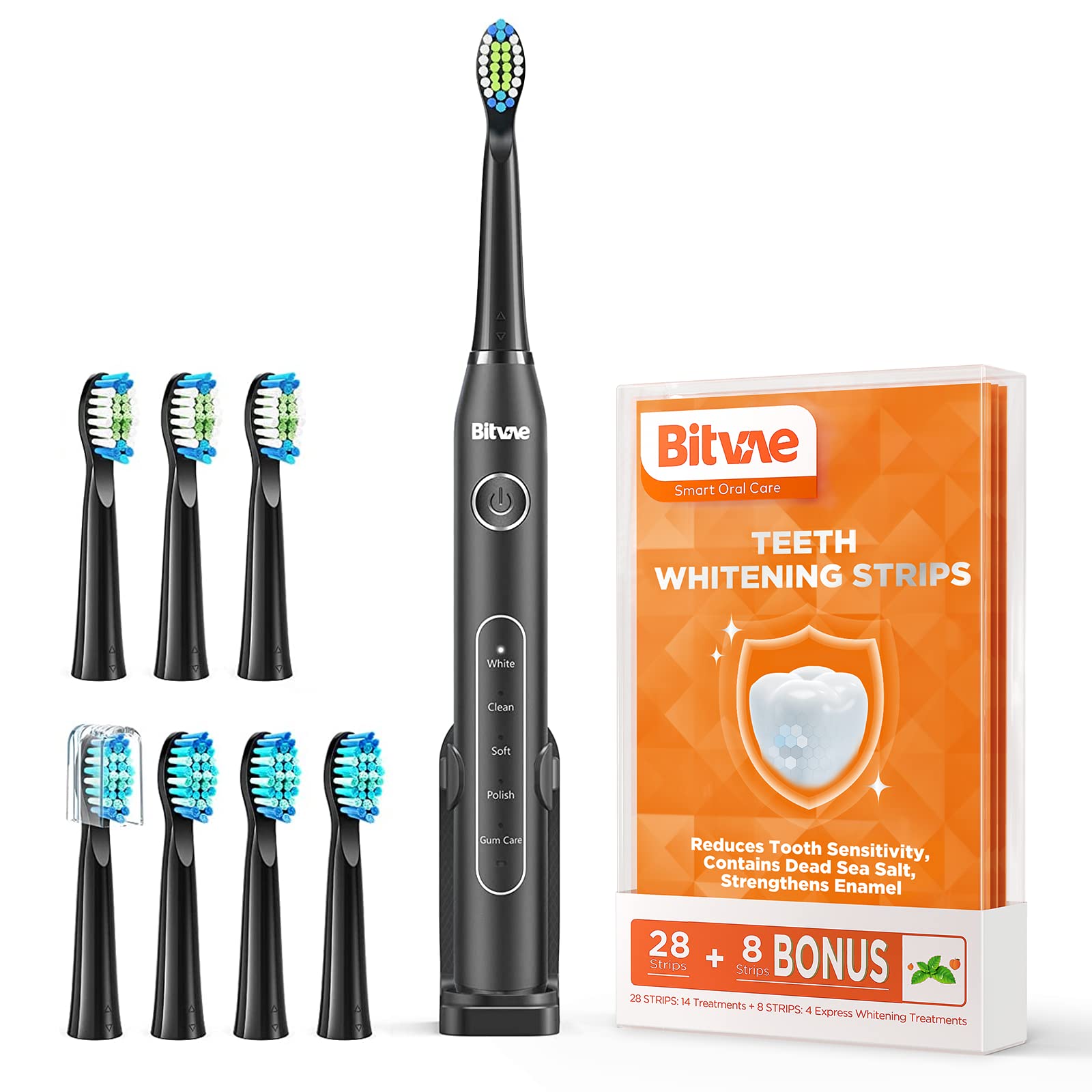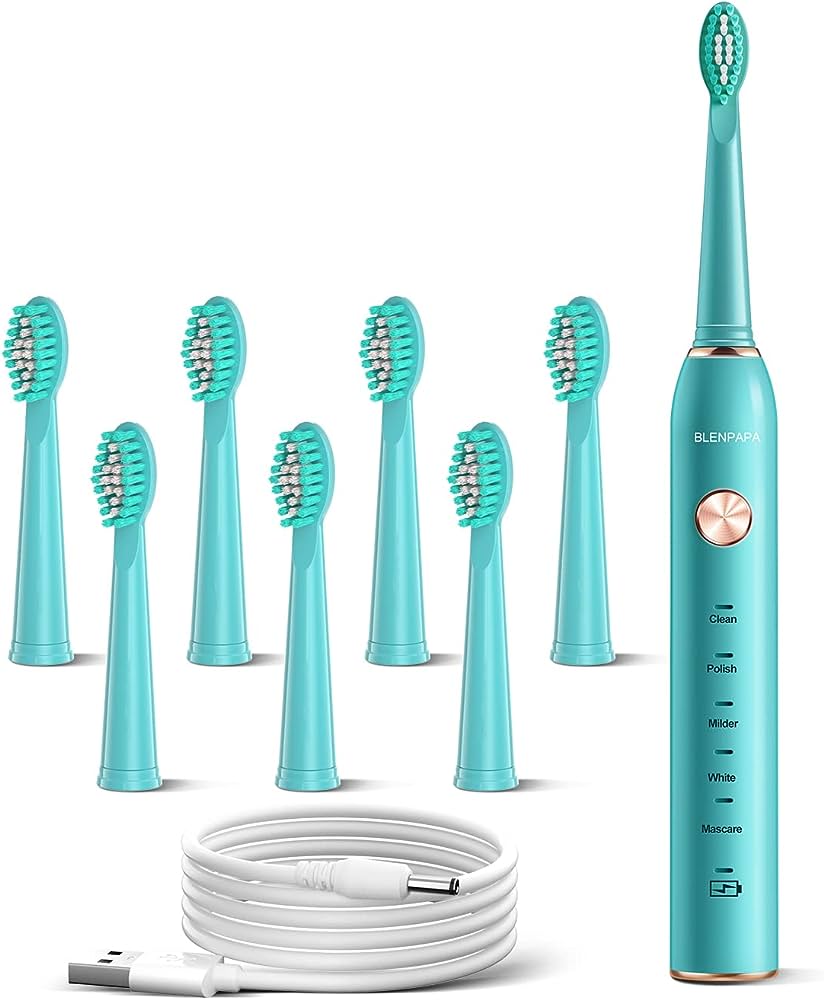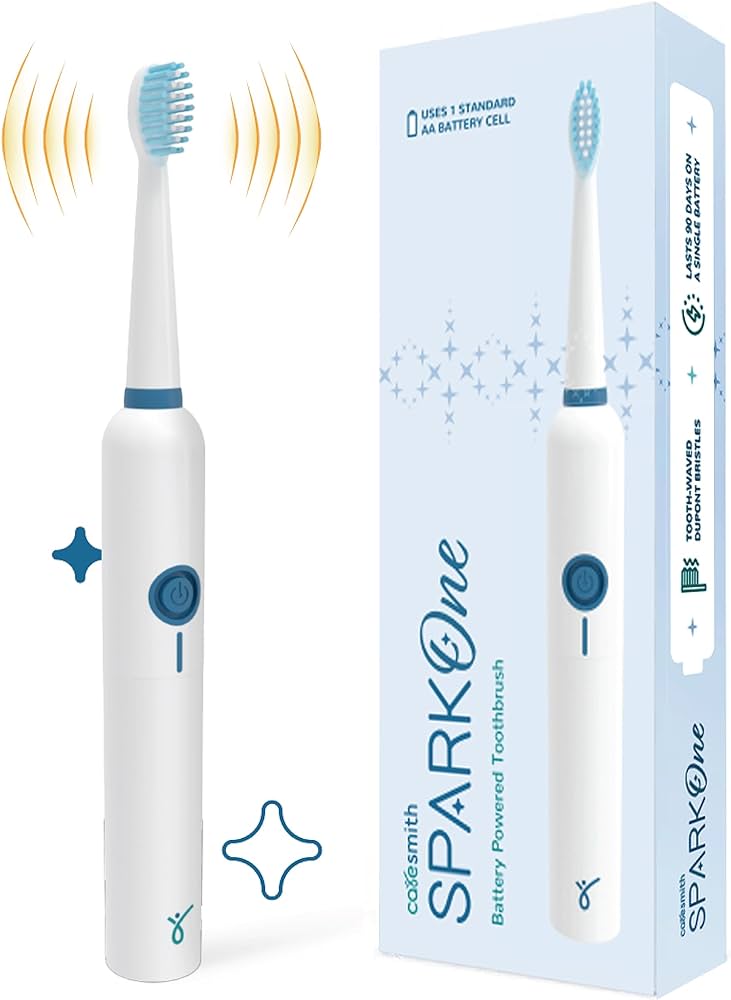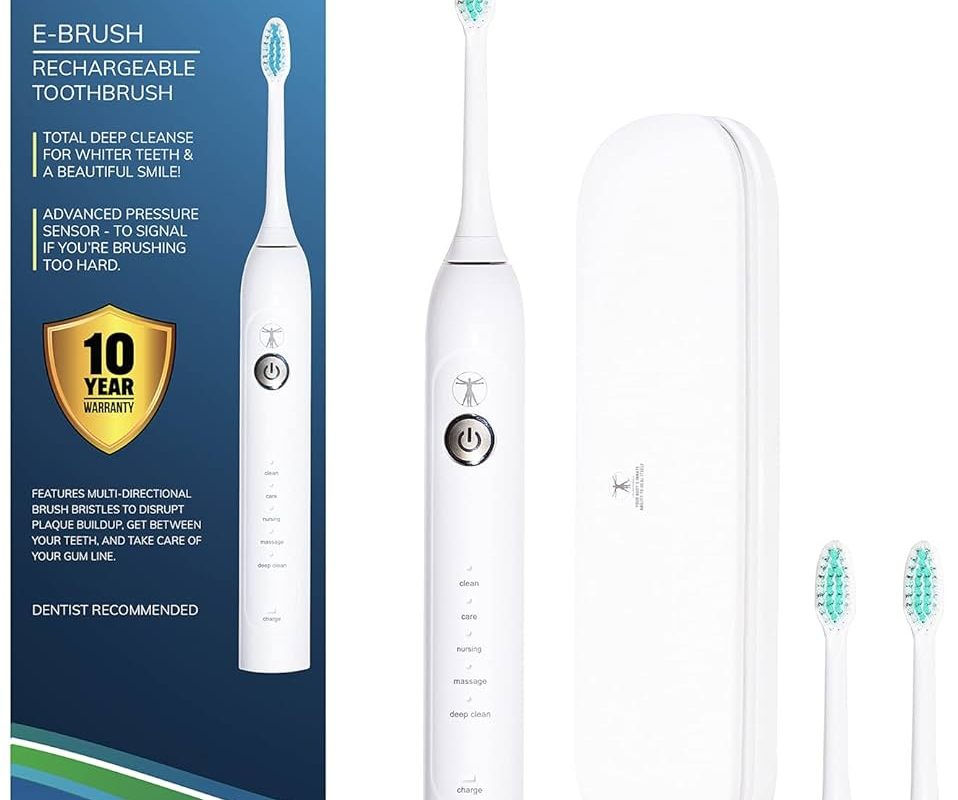Introduction
When considering purchasing a toothbrush, affordability is often an important factor to consider. When comparing electric and sonic toothbrushes in terms of cost, there are several factors to take into account. In this article, we will explore the affordability of electric and sonic toothbrushes, considering factors such as initial investment, long-term costs, replacement parts, and available features.

Which is more affordable, an electric or a sonic toothbrush?
Initial investment
The initial cost of purchasing a toothbrush is an important consideration for many individuals. Consider the following factors:
Electric toothbrushes: Electric toothbrushes typically have a higher initial cost compared to manual toothbrushes. The price can vary depending on the brand, model, and additional features. Basic electric toothbrushes can range from $20 to $50, while more advanced models with additional features can cost upwards of $100.
Sonic toothbrushes: Sonic toothbrushes generally fall under the category of electric toothbrushes, but they tend to be more expensive due to their advanced technology. Sonic toothbrushes can range in price from $50 to $200 or more, depending on the brand and features.
Solution: If cost is a significant factor, individuals may consider starting with a basic electric toothbrush rather than investing in a sonic toothbrush. Basic electric toothbrushes can still offer effective plaque removal and oral hygiene benefits without the higher price tag.

Long-term costs
In addition to the initial investment, considering the long-term costs of owning a toothbrush is essential. Consider the following factors:
Electric toothbrushes: Electric toothbrushes typically require regular replacement of brush heads. The cost of replacement brush heads varies depending on the brand and model but generally ranges from $5 to $15 per brush head. The frequency of replacement depends on the manufacturer’s recommendations and personal use.
Sonic toothbrushes: Similar to electric toothbrushes, sonic toothbrushes also require replacement brush heads. However, sonic brush heads tend to be more expensive compared to regular electric brush heads due to their advanced technology. Sonic brush heads can range from $10 to $30 per brush head.
Solution: It is important to consider the long-term costs when choosing a toothbrush. Evaluate the availability and cost of replacement brush heads for the specific toothbrush model you are considering. Additionally, factor in the frequency of replacement and budget accordingly.
Replacement parts and maintenance
Apart from brush heads, some toothbrush models may require additional replacement parts and maintenance. Consider the following factors:
Electric toothbrushes: Electric toothbrushes may require occasional replacement of parts such as batteries or chargers. The cost of these replacement parts depends on the brand and model of the toothbrush. However, they are generally not frequent expenses.
Sonic toothbrushes: Sonic toothbrushes may require replacement parts such as chargers or docking stations. These replacement parts can vary in cost depending on the brand and model. It is essential to consider the availability and cost of replacement parts when evaluating the total cost of ownership.
Solution: Before purchasing a toothbrush, research the availability and cost of replacement parts for the specific model. Consider the likelihood of needing replacement parts and factor in the associated costs when assessing the overall affordability of the toothbrush.

Available features
The cost of a toothbrush can also be influenced by the additional features it offers. Consider the following factors:
Electric toothbrushes: Electric toothbrushes come in a wide range of models with various features. Basic models typically offer standard brushing modes and timers. More advanced models may include features such as pressure sensors, Bluetooth connectivity, multiple brushing modes, and compatibility with mobile apps. The more features a toothbrush has, the higher the cost is likely to be.
Sonic toothbrushes: Sonic toothbrushes often include advanced features such as multiple brushing modes, timers, pressure sensors, and UV sanitizers. These additional features contribute to the higher cost of sonic toothbrushes compared to regular electric toothbrushes.
Solution: Evaluate the necessity of additional features when considering the affordability of a toothbrush. While advanced features can enhance the brushing experience, they may not be essential for effective plaque removal. Consider your oral care needs and budget when deciding on the toothbrush model that offers the best balance between affordability and desired features.
Consideration of alternatives
In addition to electric and sonic toothbrushes, there are other alternative toothbrush options available that may be more affordable. Consider the following factors:
Manual toothbrushes: Manual toothbrushes are the most basic and traditional option. They are typically the most affordable option, with prices ranging from a few dollars to around $10 for a pack of multiple toothbrushes. While manual toothbrushes require manual brushing techniques, they can still be effective when used properly.
Battery-powered toothbrushes: Battery-powered toothbrushes are a middle ground between manual and electric toothbrushes in terms of cost and functionality. These toothbrushes feature vibrating or rotating bristles powered by a battery. Battery-powered toothbrushes can be more affordable compared to electric or sonic toothbrushes, with prices typically ranging from $10 to $30.
Solution: If cost is a primary concern, considering manual toothbrushes or battery-powered toothbrushes as alternatives is a viable option. These alternatives can provide effective plaque removal while being more budget-friendly compared to electric or sonic toothbrushes.

Importance of oral hygiene habits
Regardless of the type of toothbrush chosen, it is crucial to emphasize the importance of consistent and proper oral hygiene habits. Consider the following factors:
Brushing technique: Proper brushing technique is essential for effective plaque removal. Regardless of the toothbrush type, individuals should use gentle, circular motions and pay attention to all tooth surfaces, including the gumline and interproximal spaces.
Brushing duration: The American Dental Association (ADA) recommends brushing for two minutes, twice a day. Ensuring an adequate brushing duration helps to thoroughly clean the teeth and remove plaque.

Conclusion
When comparing the affordability of electric and sonic toothbrushes, several factors come into play. Electric toothbrushes generally have a higher initial cost, while sonic toothbrushes tend to be even more expensive due to their advanced technology. Consider the long-term costs of replacement brush heads, availability and cost of replacement parts, and any additional features that may impact the overall affordability. It is essential to find a toothbrush that fits within your budget while still meeting your oral care needs. Ultimately, the affordability of a toothbrush is subjective and depends on individual financial considerations and priorities. By carefully evaluating the initial investment, long-term costs, replacement parts, and available features, you can choose a toothbrush that provides effective plaque removal while still being affordable for your budget.

